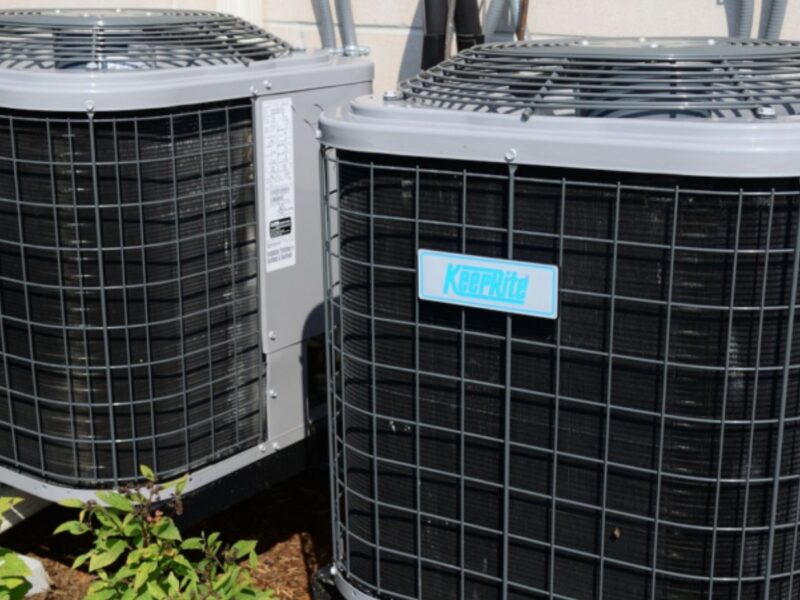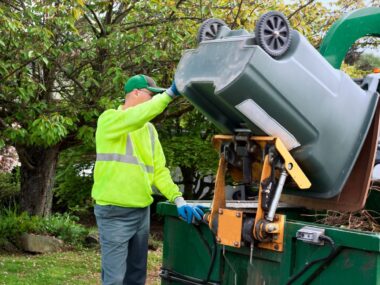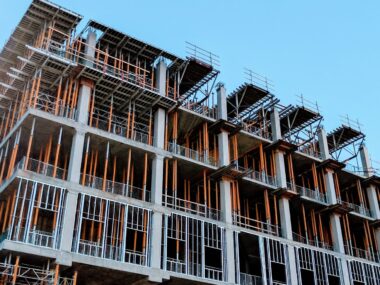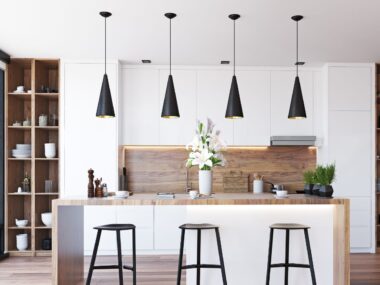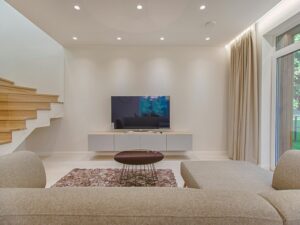There are only so many repairs you can do to keep your HVAC unit functional before it’s time to replace it. Buying a new AC unit needs careful consideration and evaluation of available options to get a long-lasting solution and value for your money. If you make a wrong choice when buying a new HVAC unit, it can be an expensive mistake that might take you a long time to recover from. Below, we’ll look at the top five factors you should consider when buying a new HVAC unit for optimal return on investment.
Capacity and Size
One of the most important aspects to look out for in an AC unit is its size or capacity. You’d want to choose a unit whose heating and cooling capacity can sufficiently meet your home’s heating and cooling demands. An oversized or undersized unit might contribute to some common HVAC-related issues such as uneven temperature, excessive wear, or high energy bills.
If you’re unsure how to check a unit’s heating capacity, ask professional HVAC contractors near you for help. They’ll help you understand how to relate British Thermal Units (BTU) and tons with your home’s square footage when calculating its ideal AC unit’s capacity. They’ll also help you with quick installation and repair solutions when the need arises.
Efficiency
With heating and cooling equipment accounting for almost 50% of residential energy consumption, it’s more important than ever to check an AC unit’s efficiency before buying. Look for a unit marked with an official Seasonal Energy Efficiency Ratio (SEER) number 14 or SEER 14 for northern American residents or SEER 15 for the southerners.
An AC unit that meets these new requirements will significantly impact your energy bills positively, helping you save money in the long run. A higher SEER value could see you enjoy high saving margins depending on how old and inefficient your last unit was before upgrading.
Climatic Conditions
Your HVAC system’s performance will majorly depend on the climatic conditions around it. For instance, extreme temperatures can negatively impact your HVAC unit, making it work harder to keep your home cool when it’s extremely hot. The same effect is experienced when it’s very cold outside, your system has to work extra hard to keep your home warm in extremely cold temperatures.
Rain and frequent precipitation can also lead to your unit working harder than usual to balance the rising humidity levels in the air. In worst-case scenarios, the rain can destroy your unit if water gets into the unit.
To enjoy your unit’s optimal performance against extreme weather, ensure you adjust your thermostat settings to match extreme weather demands. Also, install your unit in a safe space where it’s protected from the wind and precipitation for uninterrupted performance.
Noise Levels
Since central AC units are installed close to the house, you’d want to choose a unit that is barely audible when working.
Most modern AC units are designed to operate on 60 decibels or lower, which is good enough to ensure homeowners don’t suffer sound disturbances. However, you can choose quitter models that produce lower noise levels of about 20 to 30 decibels when working for an even more comfortable experience.
Ductwork
Most homes are designed to work with a forced-air system that relies on a duct to supply hot or cold air into the house. When buying a new AC unit, you might want to check its ductwork design with your home’s ducts to verify compatibility. Old or damaged ducts will need repairs or replacements to ensure a seamless connection for optimal performance. However, if your home’s ducts are costly to repair, you might be better off working with a ductless system that meets your needs.
Now that you know the top five factors to consider when buying a new HVAC unit, it’s time to check them off your list the next time you go shopping for a unit. Considering these factors will help you settle on the perfect unit for your home that will defeat the test of time.
